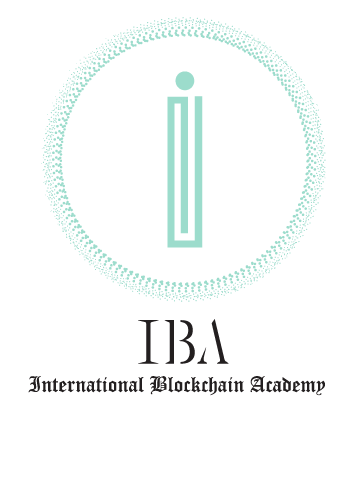


Blockchain technology, known for its decentralized and immutable nature, is making waves beyond cryptocurrencies - it's poised to revolutionize the education sector by addressing academic fraud.
Academic fraud, from forged diplomas to embellished resumes, is a global issue. Blockchain's transparent and secure features present a solution to this problem. By storing academic credentials on a blockchain, educational institutions can issue digital diplomas that are virtually impossible to forge. This is because each transaction on a blockchain is recorded and verified by multiple nodes, ensuring the authenticity and integrity of the information.
Moreover, blockchain can track a student's academic journey from enrollment to graduation, and even beyond. This includes records of courses taken, grades achieved, and degrees earned. This comprehensive academic profile can be shared with potential employers or other institutions, eliminating the need for manual verification and reducing the risk of fraud.
Blockchain can also facilitate lifelong learning and the recognition of informal learning experiences. With blockchain, learners can receive digital badges or certificates for courses or workshops completed outside formal education settings. These can be added to the learner's blockchain-based academic profile, providing a more holistic view of their skills and competencies.
In conclusion, blockchain technology holds immense potential in combating academic fraud and revolutionizing the education sector. It can ensure the authenticity of academic credentials, streamline the verification process, and recognize lifelong and informal learning. As we embrace the digital age, blockchain could become an integral part of the education landscape.